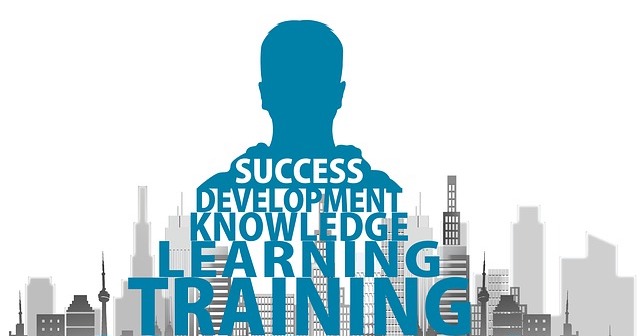Education is a gateway to opportunity, so it’s no surprise that gateway cities across the United States are opening the book to examine how their educational initiatives can help underprivileged youths and address the skills gap within today’s workforces. Indeed, education is the key to the survival of gateway cities.
Significant progress has made when it comes to public education, but school systems need to reinvent their programs and operations as to fit the unique needs of these developing areas. This might range from the state simply ensuring the basic demands of a constitutional education, offering all students equal access to quality learning. Or it might depend upon each state to think innovatively about effective education programs and developing community-based action around these initiatives.
As a result, the demand for improved education programs is needed to fuel local economies. Let’s take a look at some of the issues burdening areas with poor education systems and how these programs and initiatives can succeed:
Issues
In Massachusetts alone, the number of low-income students rose from less than one half to over two-thirds. Part of the challenge is growing poverty which makes it difficult to provide the education these students need. As post-secondary certifications are required in the state and an elderly working population continues to age, the need for high school graduates will be in more demand. However, fewer than one in four gateway city students graduates high school.
In addition, growing poverty also puts a strain on housing development which in turn negatively affects local schools being able to attract middle and high-income households, allowing for a mixed education experience. Clearly, there are more systemic issues at play here, too.
The markets are too weak to help these areas prosper with new housing developments, but active state and local partnerships should focus on the connection between state policy housing and education. Gateway cities can also provide a dynamic strategy to help renew education and training for economic growth.
Community Engagement
According to MassInc’s report on Building a Gateway Cities Education Vision, community-wide learning systems are essential to help quality education prosper in Gateway Cities. Significant underlying goals and approaches that need to be addressed when improving the school systems. These include the following:
- Establishing “dynamic” and adaptable school programs that reflect the needs of employers in a shifting economy
- Offering K-12 students the necessary preparation to adapt their skill sets with community-based initiatives and partnerships that provide support for optimum learning experiences
- Creating developmental milestones and key transitions in a “birth-to-career” systems approach
- Creating tailored learning strategies to meet the needs of diverse populations
For example, programs like New Bedford’s early literacy initiatives are spearheading ways to provide families with increased access to books and encourage kids to read books that appeal to them. Their focus is to accentuate the importance of reading from birth. Likewise, coalitions of independent city leaders established the Regeneration Project which announced a 10-year education master plan.
Concerning the residential aspect of the local economy, it will be hard to attract middle-class neighbors to educational opportunities in these areas. But the prospect of urban renewal or a new sense of interest in urban living is helping to bring more families back to developing urban areas. If there are robust educational offerings, families may want to consider moving to an affordable, low-cost area as opposed to a to a high-rent city. Second, research shows that contemporary parents are more likely to look at the benefit of the educational offerings rather than judge a school by its demographic makeup. Families are likely to see diversity as an asset. The report underscores that real estate and education are both essential for transformative redevelopment in gateway cities.
The direction of learning will determine the economic prowess of gateway cities and, as a result, policy can advance and scale models that holistically create change in the schools and community at-large.
The fate of gateway cities depends on the schools that can help current generations prosper. Gateway cities are uniquely positioned to help provide While it’s hard to open a rusty gate to the possibilities that the future holds, a stronger education system can usher in the strength needed to push the door open to a path of boundless opportunity.







